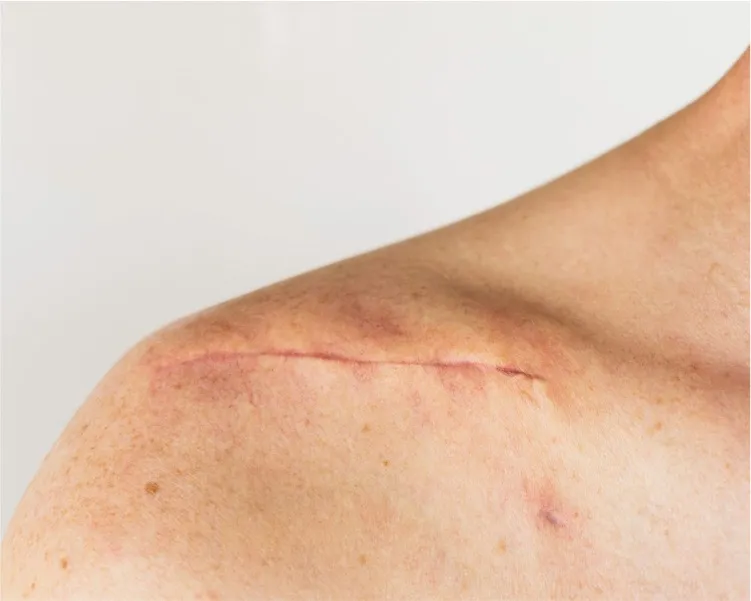In celebration of our newest Sapphire Dermatology location in Reston, VA, we're excited to offer exclusive specials at both of our locations.
In celebration of our newest Sapphire Dermatology location in Reston, VA, we're excited to offer exclusive specials at both of our locations.
Scars services offered in the greater Silver Spring, MD and Reston, VA area
Odds are you’ve accumulated one or more scars in your lifetime. Whether you have raised, depressed, or flat scars, board-certified dermatologists Kunal Angra, MD, and Divya Angra, MD, their professional team can treat them to minimize their appearances at Sapphire Dermatology in Silver Spring, Maryland, and Reston, Virginia. Call Sapphire Dermatology or schedule an appointment online for professional scar-minimizing treatments today.


Scars
Scars are visible evidence of your body’s remarkable healing and cell regeneration process. Every time you sustain a skin injury, cells called fibroblasts spring into action to produce new collagen fibers. These collagen fibers repair your skin’s breakage, often healing the injury with little to no medical intervention.
Some scars are easier to treat than others and that’s
because they aren’t all the same. Sapphire Dermatology can
classify and treat:
Flat scars
Flat scars lay flush on your skin, but they might stand out
because of discoloration or a different texture than the
rest of your skin. You’re most likely to get a flat scar if
you apply the proper wound care to the initial injury.
Raised scars
Raised scars, or hypertrophic scars, appear when your skin
produces too much collagen in the healing process. They’re
usually firm and sometimes bumpy. Over the course of months
to years, your raised scar may flatten a bit.
Depressed
scars
Depressed scars, or atrophic scars, are sunken into your
skin. They appear when your skin doesn’t produce enough
collagen to fill in the damaged area. Pitted acne scars fit
into this category.
Keloids
Only some people get keloid scars. They’re similar to raised
scars but tend to be more robust. They typically cover an
area larger than the wound itself.
Contracture scars
Contracture scars come from massive injuries. As they heal, the skin grows tight and thick which can restrict your movement.
The type of scar you have determines the best course of dermatological treatment for your skin.
Sapphire Dermatology offers individualized scar treatments to break down excess collagen or increase collagen to further repair your skin. In many cases, it’s not possible to make a scar disappear entirely. But you might benefit from professional treatment options like:
Scar surgery can change the shape or size of a scar so it’s less noticeable or easier to hide. Typically, surgery isn’t recommended for raised or keloid scars as there’s a chance of making those scars worse.
You should also avoid tanning beds and other artificial UV light sources altogether to minimize sun damage as they can also damage your skin.
Call the Sapphire Dermatology office nearest you or schedule an evaluation online to review treatments for your scar today.

If you do not see your insurance provider, please contact us for additional information!
Sapphire Dermatology